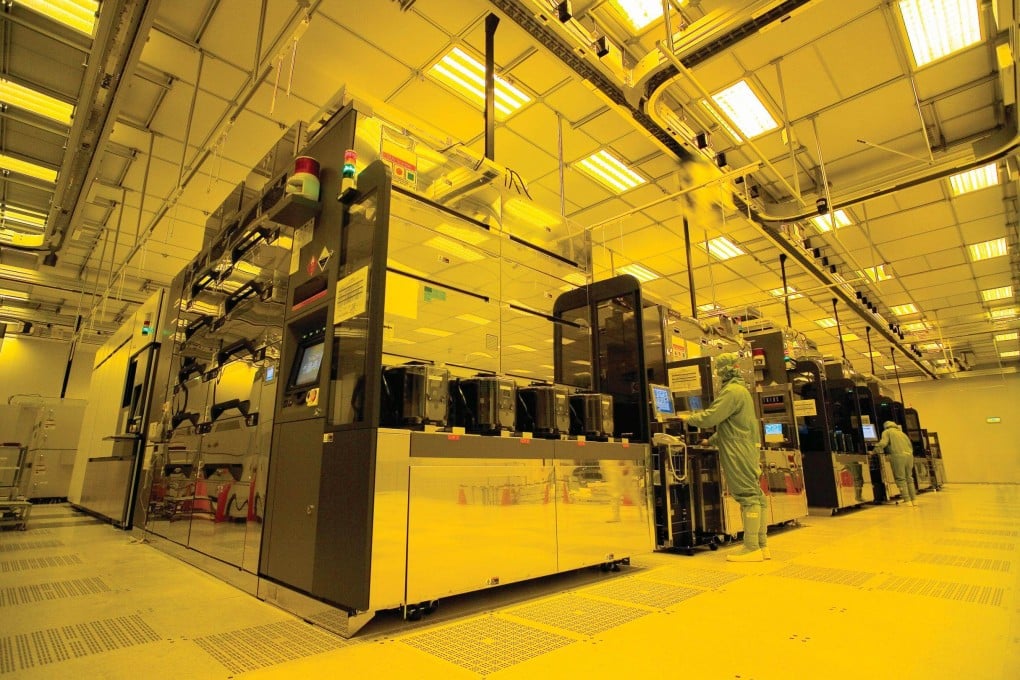Europe eyes new ‘non-China’ supply chains as Taiwan tensions stoke semiconductor worries
- Analysts expect Europe to rework its semiconductor import routes so that chips flow through a Western-friendly network of countries and contract manufacturers
- European firms buy 80 to 95 per cent of manufactured chips from outside the European Union, especially Taiwan, making them vulnerable to disruptions

Europe is expected to push for the establishment of friendly semiconductor supply chains with the help of Taiwanese chip making giants as tensions between the self-ruled island and mainland China risk “choking” Asian supplies.
Europe lacks an indigenous chip making industry on the scale of Asia’s and relies on Taiwan’s integrated circuits and microchips to support key industries.
Companies like Netherlands-based Stellantis, for example, use the tiny hi-tech components for electric vehicles, while French aerospace firm Airbus needs them for aerospace technology.
A choking of the Asian chip supply chain could be catastrophic for Europe
Much of the world grappled with a chip shortage due to surging demand for electronic devices during the coronavirus pandemic. For Europe, the issue is resurfacing now due to new geopolitical tensions between the West and China.